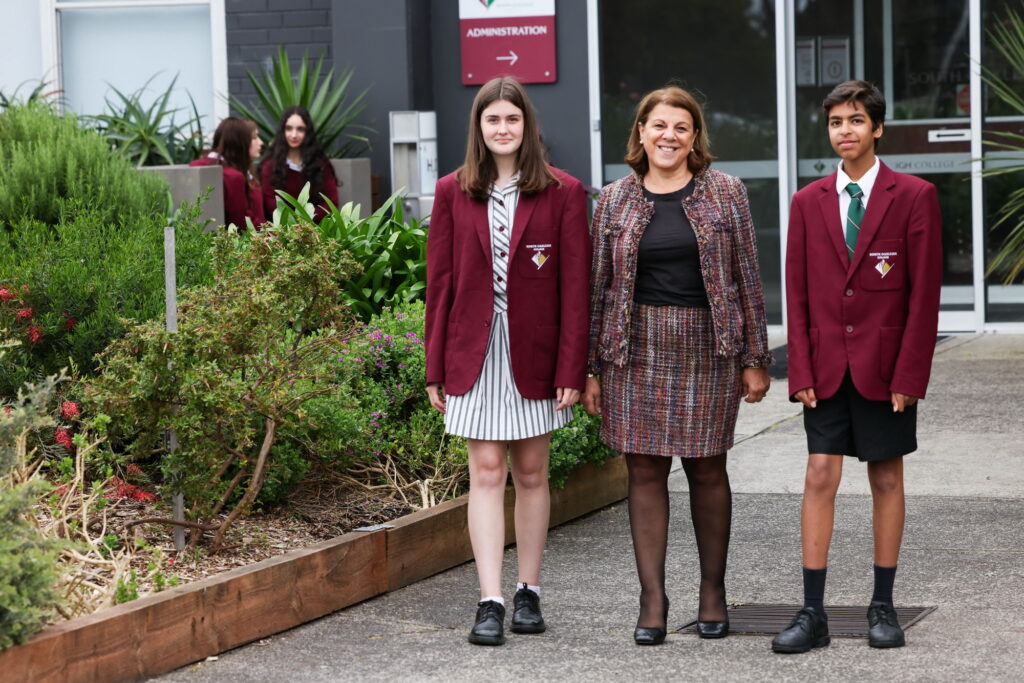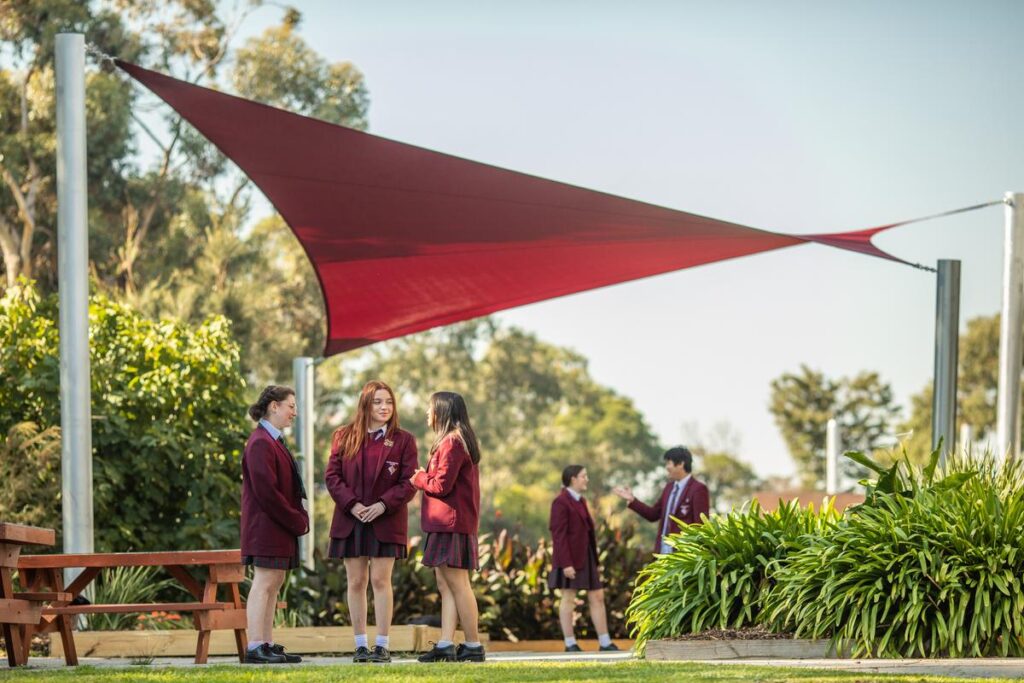A College tour provides you with a firsthand look into the operations of South Oakleigh College.
Selected Fridays from 9am
Supported and mentored by Archie Thompson, Kevin Sheedy, and John King
Provides students with the opportunity to learn and instrument and be part of an ensemble
We understand the importance of student involvement in decisions that impact their learning and environment
Encouraging students to explore programs and opportunities to further their learning and social skill development
Welcome to South Oakleigh College
Our focus is to provide a challenging and stimulating work environment for all our students, giving them every opportunity to achieve their respective goals.
At South Oakleigh College we recognise that every student has talents. We offer a range of opportunities for each individual, enabling them to achieve their potential and become confident, respectful, and effective learners whilst contributing constructively as 21st century global citizens.
High Expectations
Sed ut perspiciatis unde omnis iste natus error sit voluptatem, totam rem aperiam, eaque ipsa quae ab illo inventore et quasi architecto beatae vitae dicta sunt explicabo.Respect
Sed ut perspiciatis unde omnis iste natus error sit voluptatem, totam rem aperiam, eaque ipsa quae ab illo inventore et quasi architecto beatae vitae dicta sunt explicabo.Responsibility
Sed ut perspiciatis unde omnis iste natus error sit voluptatem, totam rem aperiam, eaque ipsa quae ab illo inventore et quasi architecto beatae vitae dicta sunt explicabo.Resilience
Sed ut perspiciatis unde omnis iste natus error sit voluptatem, totam rem aperiam, eaque ipsa quae ab illo inventore et quasi architecto beatae vitae dicta sunt explicabo.Teamwork
Sed ut perspiciatis unde omnis iste natus error sit voluptatem, totam rem aperiam, eaque ipsa quae ab illo inventore et quasi architecto beatae vitae dicta sunt explicabo.


Principal’s Message
It is with great pride and enthusiasm that I welcome you to the digital gateway of South Oakleigh College. As the principal, I am honoured to guide a community of learners who are bound by a commitment to excellence and a set of core values that shape every facet of our school life.
“South Oakleigh College hasn’t only prepared me for university, but for life.”
Scott Murray, former student, currently studying Economics/Commerce @ Monash University.
